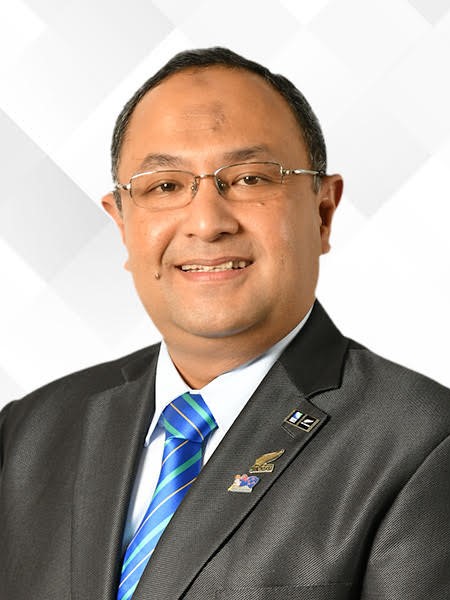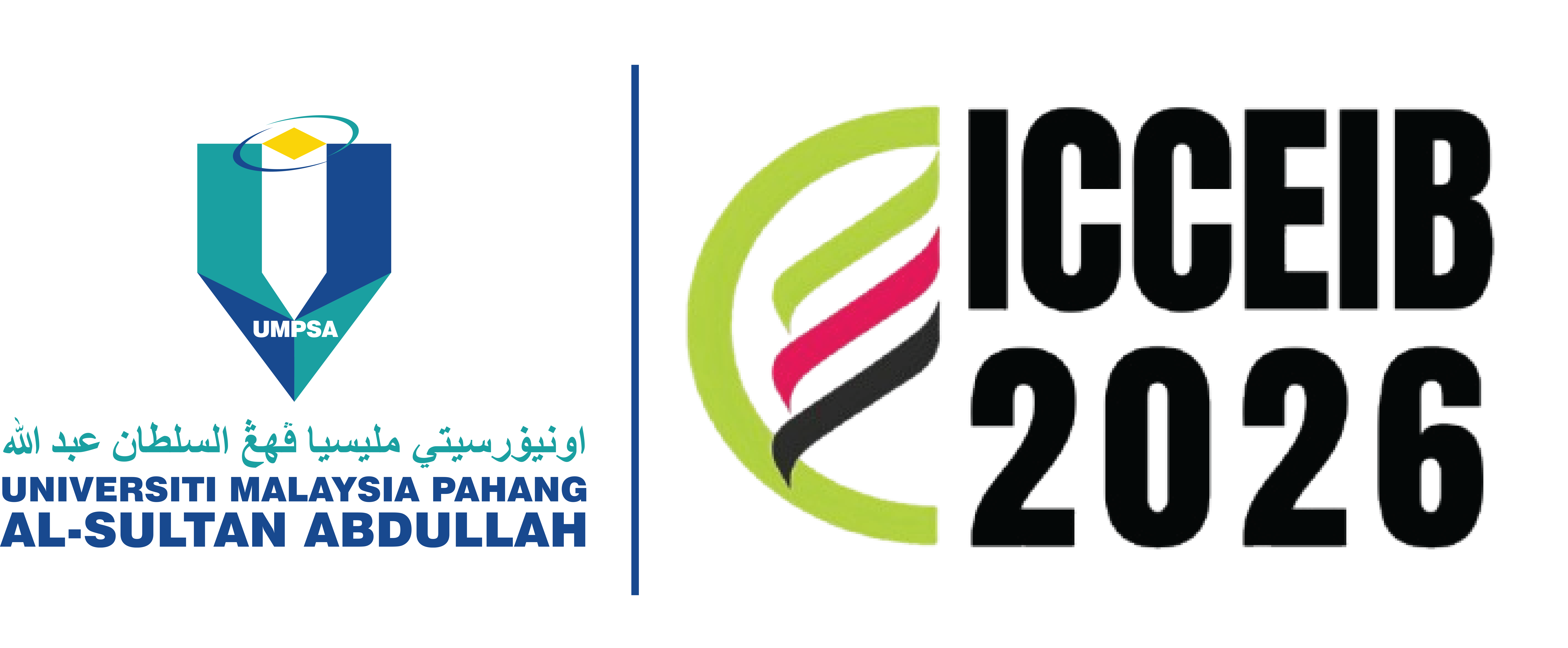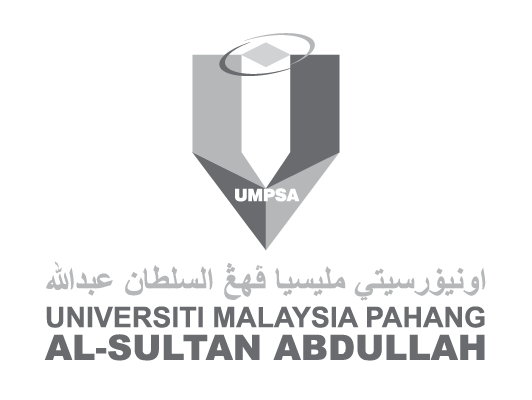
Professor Ir. Ts. Dr. Ahmad Ziad Bin SulaimanDeputy Vice-Chancellor
(Academic and International Affairs)
Universiti Malaysia Pahang Al-Sultan Abdullah
(Academic and International Affairs)
Universiti Malaysia Pahang Al-Sultan Abdullah
Ir Ts Dr. Ahmad Ziad Sulaiman is Deputy Vice Chancellor of Academic and International Affairs and Professor of Biochemical Engineering in the Faculty of Chemical & Process Engineering Technology, Universiti Malaysia Pahang Al-Sultan Abdullah (UMPSA). Professor Ziad holds a B.Eng (Hons) and M.Eng (Chemical Engineering) degree from University of Technology, Malaysia, and a PhD in Biochemical Engineering from Massey University, Palmerston North, New Zealand. He was served as the Senior Director of Research Management Centre, Universiti Malaysia Kelantan (UMK) from 2019 – 2022.
Professor Ziad has appointed as Principal Research Fellows at the Centre for Sustainability of Mineral and Resource Recovery Technology (SMARRT), UMPSA to develop research projects and proposals, undertake research and evaluate outcomes related to Minerals and Sustainability research. His responsible to plan, coordinate and implement research programmes in accordance with University strategy, policy and procedures and funder requirements.
Professor Ziad is a Practising Professional Engineer (PEng P.C) and registered under Board of Engineers Malaysia (BEM), Corporate Member of Institution of Engineers, Malaysia (MIEM), Graduate Member of the Institution of Professional Engineers New Zealand (GIPENZ), Associate Member of the Institution of Chemical Engineers (AIChemE), UK., Member of New Zealand Microbiology Society and senior panel auditor of the various accreditation body in Malaysia such as MQA, EAC & ETAC BEM and TTAC MBOT.
His work addresses many aspects of biochemical and chemical engineering, applied biotechnology, and environmental technology. His research areas include bioreactor design, microbial fermentations, enzyme technology, separation technology, herbs extraction (solvents and enzymatic extraction), sonobioreactors technology, ultrasound and transport phenomena.
Collaborative Approaches to SDGs: Catalysing Sustainability in Food, Energy, and Water Security
Ahmad Ziad Sulaiman
Faculty of Chemical & Process Engineering Technology, Universiti Malaysia Pahang Al-Sultan Abdullah, Lebuhraya Tun Abdul Razak 26300 Gambang Kuantan
*Corresponding author email: ahmadziad@umpsa.edu.my
Food, energy and water are essential for human well-being, poverty reduction and sustainable development. Global projections indicate that demand for freshwater, energy and food will increase significantly over the next decades under the pressure of population growth and mobility, economic development, international trade, urbanization, diversifying diets, cultural and technological changes, and climate change. Food, energy and water form a nexus at the heart of sustainable development. Agriculture is the largest consumer of the world's freshwater resources, and water is used to produce most forms of energy. Demand for all three is increasing rapidly. To withstand current and future pressures, governments must ensure integrated and sustainable management of food, energy and water to balance the needs of people, nature and the economy. Demand for food, energy and water is increasing. Pressure on the nexus is being driven by a rising global population, rapid urbanization, changing diets and economic growth. Food production and energy are highly water intensive. Agriculture is the largest consumer of the world's freshwater resources, and more than one-quarter of the energy used globally is expended on food production and supply. Most of the energy generation is water intensive, such as its use in coal-fired power plants and in nuclear reactors, and in bio-fuel crop production. Pressure on the food–energy–water nexus threatens the Sustainable Development Goals (SDGs). As water becomes scarcer and more stretched, its ability to support progress in several of the SDGs, particularly on poverty, hunger, sustainability, and the environment, is being reduced. One of the most agreed upon definitions of sustainability states that in order to achieve a sustainable development, the needs of the present must be met without compromising the ability of future generations to meet their own needs. Yet, the accomplishment of this target has its own challenges given the high growth of human population. All human beings require food, energy and water in order to survive. The aim, then, is to satisfy these requirements through an adequate distribution of resources. The objective of this article is to explore the application of the concept of sustainable design of the food–energy–water nexus. It is important to design supply chains that are as sustainable as possible while also fulfilling basic human needs.
Sustainable Development Goals (SDGs), Food, Energy, Water

